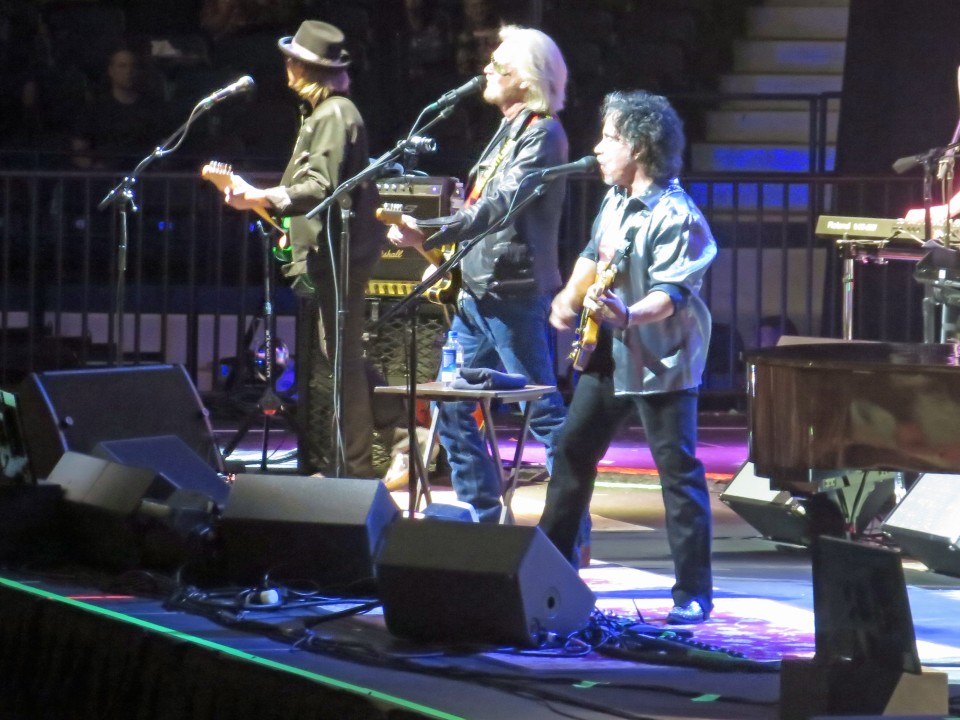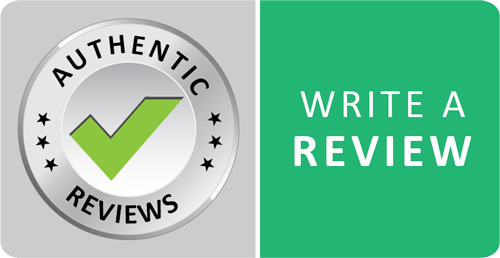Legendary pop/soul/rock pioneers Hall & Oates have had several groups’ worth of ups and downs as they evolved from a scrappy Philadelphia startup band to the top-selling musical duo in history.
From repeated rounds of litigation between the pop icons to doubled-barreled one-finger salutes and hurling water bottles at each other onstage during concerts, these elder statesmen of the yacht rock scene are as notorious for their on- and off-stage bickering as their ubiquitous radio hits.
But now Daryl Hall (the one without the mustache) has filed suit in Nashville against John Oates, alleging breach of confidentiality and breach of contract while attempting to block a proposed sale of Oates’ portion of the Hall & Oates publishing catalog to a third party.
Can the pop legend really do this? What does the law say about how musicians’ IP can be managed and disposed of?
And does this finally mean the end of the road for Hall & Oates as a group?
Anatomy of a Music IP Case

Daryl Hall has not been shy in recent years about calling himself out over his decision to sell off a significant portion of his interest in the published Hall & Oates body of work. At the time the sale of Hall’s interest to music publisher Primary Wave was approved in 2006, the aggregate value of the IP was appraised at between $25-50 million, depending on which estimates you read. However, Rolling Stone notes that the valuation of iconic discographies like those of the Beatles and Hall & Oates have reached stratospheric heights in recent years, fueled in large part by the COVID-19 pandemic and large numbers of new fans turning on to older acts through film soundtracks, YouTube and Spotify stumble-ons, and simply spending time with older generations who still enjoy such music.
As a result, Hall has called the move “bad business” and “a real rock and roll story,” in a sardonic jab at himself. He wrapped up with an admonition to “never sell your publishing!”
However, John Oates has recently decided to follow in Hall’s footsteps by offering to sell his own interest in the publishing body to Primary Wave as well, which would leave the company as the majority interest holder in seemingly every copyright Hall & Oates ever generated as a duo.
The problem, according to Hall, is that in doing so, Oates allowed Primary Wave to review confidential documents detailing the group’s business arrangements–documents that Hall claims were not for eyes other than Hall, Oates, their respective attorneys, and the members of their respective trusts.
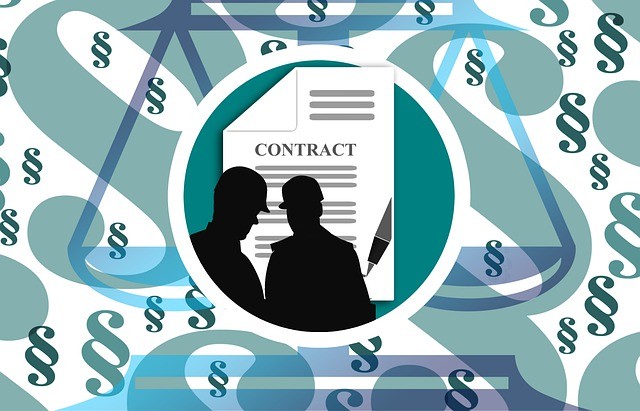
Hall filed a lawsuit in Nashville’s Chancery Court on November 17th, 2023, along with a request for a temporary restraining order. The judge in the case granted the restraining order, which is to take effect on November 30th, also the day the preliminary hearing in the case has been scheduled.
Initially, the complaint was sealed, reflected in the court docket only as a “Contract/debt” action with no further explanation or detail offered, but the judge elected to make select documents available for review, seemingly in the interest of shutting down undue speculation about the move in the media.
On the surface, this seems like the kind of tired old rock-and-roll drama that plays out a hundred times a year in courts across the country.
Bandmates get sick and tired of each other, lose patience, and the next thing you know, it’s all up to the lawyers and the judges. But this case raises some very unusual questions about what happens to a group’s aggregate IP when the members have a falling out–and the duo’s own onstage antics and interview hot takes suggest that the usual rules and expectations may be going right out the window along with their partnership.
Music IP: A Brief Guide for the Perplexed

There are a lot of misunderstandings about what musicians can and cannot do with their own, or someone else’s, body of work. There’s the infamous “poor man’s copyright” and the “one-note” rule, which holds that if a piece of music is changed by only one note, it ceases to be the original composition (and is, like the poor man’s copyright and to put it bluntly, absolute bullshit; ask Vanilla Ice how well that argument worked out for HIM in court). There’s also the idea that once someone owns a piece of IP, they own it forever and can do whatever they wish with it.
In reality, the situation is a lot murkier. Groups that disband may decide:
- that everyone can continue to perform the group’s aggregate publishing backlist for nothing, as they played a role in its creation;
- that everyone may perform the backlist, but only if they pay royalties to the group as a solo act;
- the individuals concerned may sell off their interests to a music publisher, such as BMG, Primary Wave, etc., at which point they no longer have any right to the music aside from the royalties generated under the terms of sale;
- or they can try to acquire the whole backlist and make everyone in the group beholden to them for permission to perform the works.
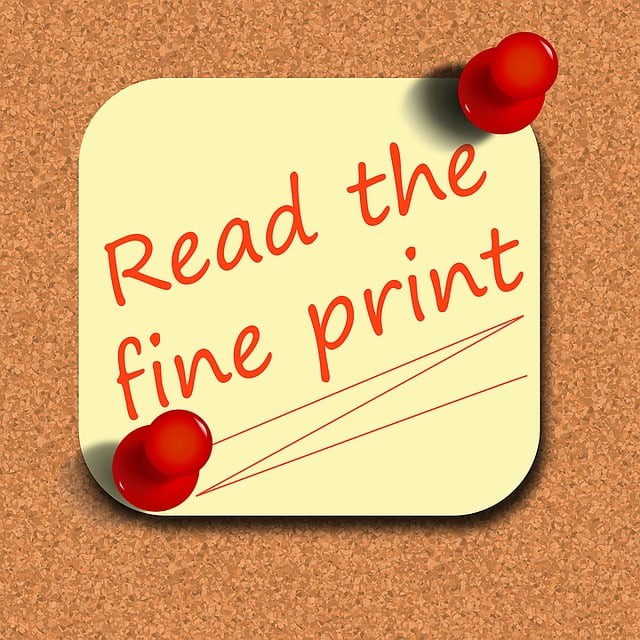
Making the situation more complicated, in theory, anyone can perform any work by anyone else, provided they have either secured licensing to do so in advance (think karaoke nights at your favorite bar, where the backing track music is or should be purchased by the karaoke company and is therefore already pre-licensed for public performance) or pay royalties to the original artists and composers based on the revenues generated by the performance according to the formula laid down in the publisher’s or IP owner’s contracts.
And parodies of songs may qualify as fair use and avoid infringement. This may partly explain why Weird Al can create parodies of songs without having to ask for permission from the original composers and artists, although he also has a reputation for always asking permission anyway.
It is also why artists can go onstage and perform cover songs that aren’t part of their own body of work. The exception would be if there was a legal restraining order or contractual provision in place to prohibit a given person from doing so.
The Bottom Line
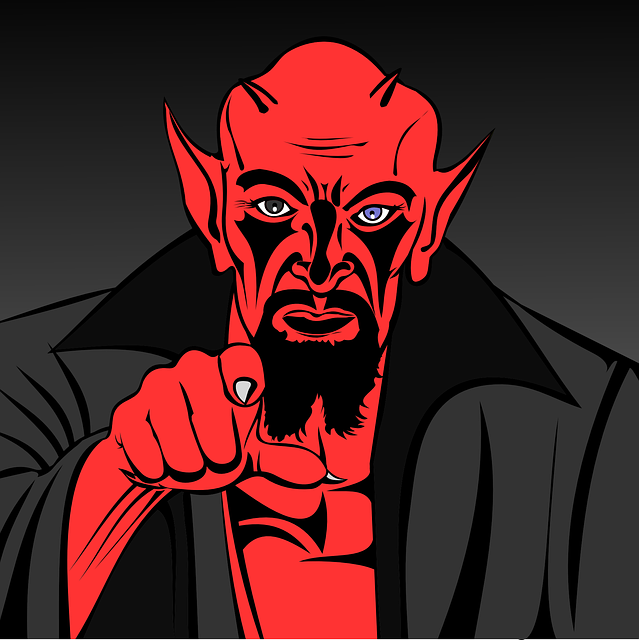
In this case, the devil truly is going to be in the details.
The reader is strongly cautioned to remember that the high-level analysis above glosses over a HUGE amount of nuance and particulars which could impact individual outcomes in court. In addition, it’s important to keep in mind that in a situation like the Hall & Oates case, there may be thousands of pages of documents on each side which must be distilled down into a few paragraphs for judicial review.
Therefore, while Hall’s recent performance of Hall & Oates songs without John Oates even in the same country may raise eyebrows given the timing, at this time there is no publicly available evidence to suggest that he or Oates is barred from performing the songs which put them on the musical map.
However, I think this case is one to watch because no matter how it goes down, it could well end up being a seminal ruling regarding the intersection of music and IP law and how creative contributions are assessed by the courts. And that could very well reshape the landscape of musical collaboration and copyright law for generations to come.
Any way you cut it, this dispute seems to make it pretty clear that Hall & Oates have fallen out of touch…and they’re out of time.
Stay tuned for updates!
ABOUT JOHN RIZVI, ESQ.
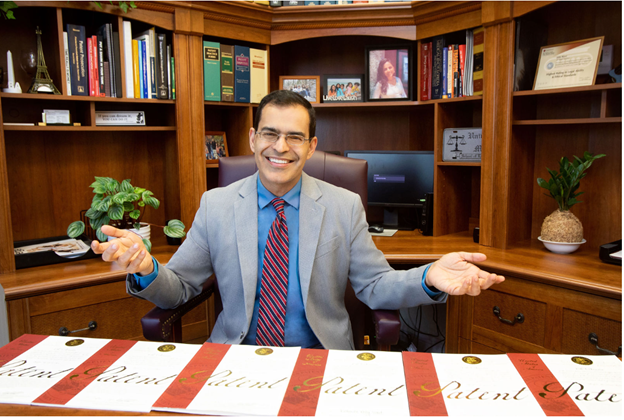
John Rizvi is a Registered and Board Certified Patent Attorney, Adjunct Professor of Intellectual Property Law, best-selling author, and featured speaker on topics of interest to inventors and entrepreneurs (including TEDx).
His books include “Escaping the Gray” and “Think and Grow Rich for Inventors” and have won critical acclaim including an endorsement from Kevin Harrington, one of the original sharks on the hit TV show – Shark Tank, responsible for the successful launch of over 500 products resulting in more than $5 billion in sales worldwide. You can learn more about Professor Rizvi and his patent law practice at www.ThePatentProfessor.com
Follow John Rizvi on Social Media
YouTube: https://www.youtube.com/c/thepatentprofessor
Facebook: https://business.facebook.com/patentprofessor/
Twitter: https://twitter.com/ThePatentProf
Instagram: https://www.instagram.com/thepatentprofessor/

